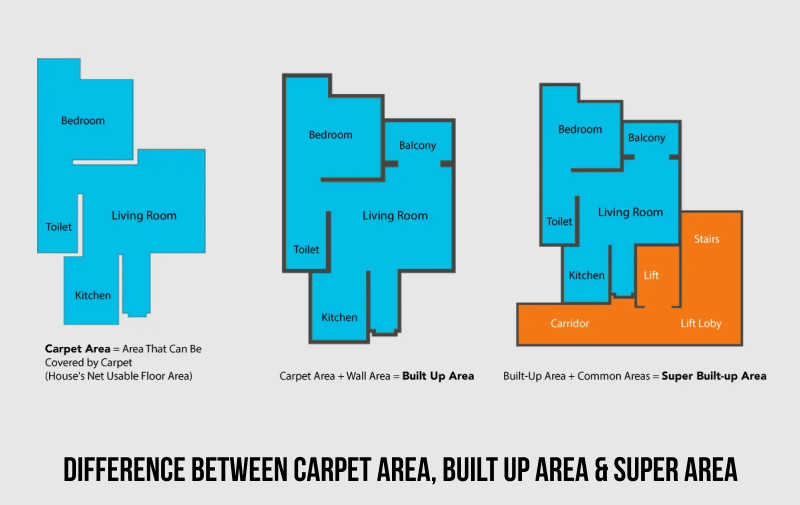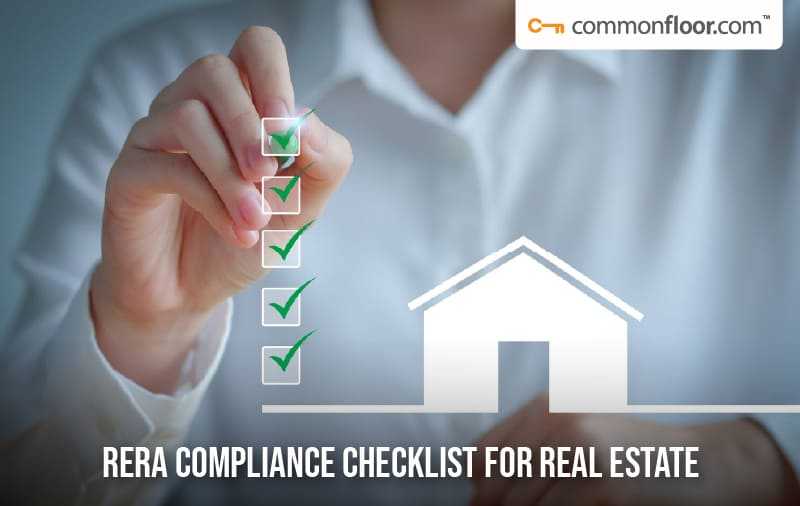Reverse Mortgage Loan For Senior Citizens
Most of the financial institutes or banks reject the loan application if borrowers do not have stable income or if the age of the applicant is over 60. If you have retired from your existing job which is your only source of income, you may need to struggle to meet both ends. This is not only your case, but of most of senior citizens who struggle to meet their both ends meet after their retirement years.
However, now you can rejoice, as you can get loan against your property and are not required to repay loan. Reverse mortgage makes this possible. Any house owner over 60 years of age is eligible for a reverse mortgage.
 |
 |
What is Reverse Mortgage?
Reverse mortgage is a loan available for senior citizens on property pledged to bank or to a financial institute. The banks or financial institute either releases the loan amount in lump-sum or in multiple payments. In a reverse mortgage, the home owner makes no payments and all interest is added to the lien on the property. The homeowner’s obligation to repay the loan is deferred until the owner dies, the home is sold, or the owner leaves (i.e. moves to aged care). In case your property value increased after taking of reverse mortgage over property, you can acquire new or second reverse mortgage over the increased equity of the home.
 Having any query regarding Home Loan? Let our Expert help you. Click here. |
How is Reverse mortgage different from Conventional Mortgage Loan?
A Reverse Mortgage is a loan for senior citizens where they do not have to repay loan as long as they continue to live in their home. The owner’s responsibility to pay back the loan is delayed until the owner dies or the home is sold, or the owner moves.
In conventional mortgage loan you will have to hypothecate your property to bank as security for loan. You will have to make a monthly amortized payment to the lender and typically after the end of the term the mortgage has been paid in full and the property is released from the lender.
Workings of Reverse Mortgage
A Reverse Mortgage is a non-recourse home loan. This means there is no personal liability on you or your heirs. The bank makes an evaluation of the current value of the home, decides the likely lifespan of the applicant home-owner (and his/her spouse), and, decides what percentage of the current value they are willing to loan. You will have the option of taking the loan principal in a single lump-sum amount or by a fixed monthly amount instead. The loan becomes due when you sell the property, move to another house or die. If one of the spouses dies, the other can continue living in the house. In case you sell the property, move to another house or you and your spouse die your heir can settle the overall outstanding loan and retain the house. If your heir fails to retain or settle the overall outstanding loan, the bank will proceed to settle the outstanding loan and give the rest to the heirs.
 Having any query regarding Home Loan? Let our Expert help you. Click here. |
Recent reports seem to indicate that a very small percentage of senior citizens seem to have taken advantage of the facility since its beginning. Reverse mortgage is popular in the west among senior citizens. Valuation of the residential property would be done at such frequency and intervals as decided by the reverse mortgage lender, which in any case shall be at least once every five years. The maximum period of property mortgage is 15 years with a bank or HFC. The amount received through reverse mortgage is considered as loan and not income; hence the same will not attract any tax liability.The maximum loan is up to 60% of the value of the residential property.







